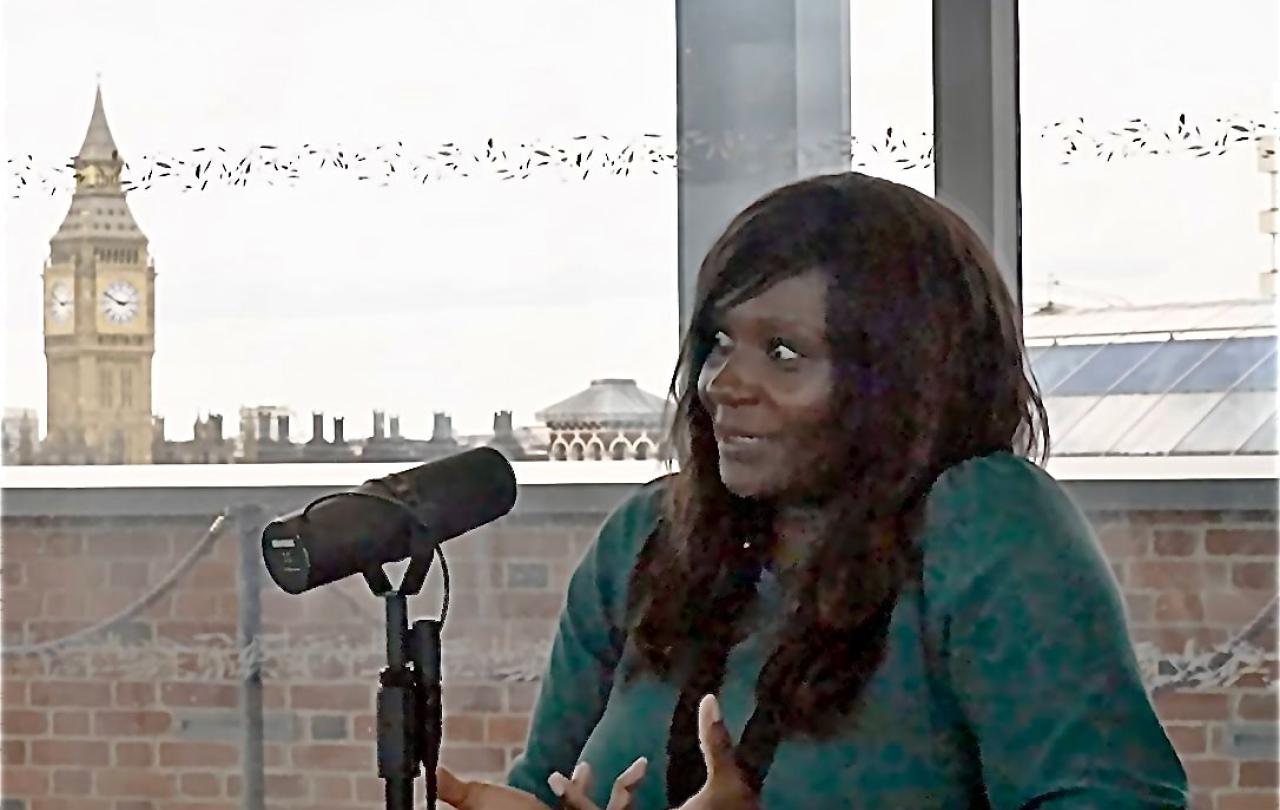But Navalny had an answer, it was to tell the truth, even if that cost him, even to the point of being willing to lay down his life for others. These things came directly from Navalny's Christian faith.
Navalny, during his show trial in 2021, stated:
“The fact is that I am a Christian, which usually sets me up as an example for constant ridicule in the Anti-Corruption Foundation, because mostly our people are atheists, and I was once quite a militant atheist myself,” Navalny said, “but now I am a believer, and that helps me a lot in my activities because everything becomes much, much easier.”
Navalny claimed that he was especially motivated by the words of Jesus: “Blessed are those who hunger and thirst for righteousness, for they will be satisfied”.
Death is the tyrant’s ultimate weapon to terrorize, to force people to suffer in silence, to make them accept enslavement and despotism as normal and unchangeable. But the promise of resurrection means that God intends to undo whatever the tyrant does. The worst of evil is no match for resurrection. The goodness of God’s power and the power of God’s goodness always defeats death. God’s promise of resurrection is not pious longing, but a political doctrine, the hope for creation to be renewed, powers to be reconciled, and all things to be put to rights.
Faith in God’s life-giving power is our defiance against evil powers, “against the leaders, against the authorities, against the powers that rule the world in this dark age, against the wicked spiritual elements in the heavenly places”, as St Paul writes. And defiance is contagious.
When evil men hunger for power, Christians are called to thirst for righteousness, as Navalny did.
Putin is not the only brutal dictator on the scene. There is the communist leader Xi Jinping (China), the socialist dictator Nicholas Maduro (Venezuela), the military council led by Min Aung Hlaing (Myanmar), the Shia theocrat Ali Khamenei (Iran), or the kleptocracy of Manasseh Sogavare (Solomon Islands). Then there is the danger of Christian Nationalism that also looms in the winds of Hungary and the USA. Yet the Christian faith teaches us that every Caesar, Tsar, King, General, and President who sets themselves up as an invincible and infallible icon of power will see their icon smashed eventually. Like the statue of Ozymandias in Shelley’s poem, irrespective of what depths of horror despots attain, not matter how much they self-aggrandize, their reign will one day be no more than a “shattered visage” at the feet of Jesus.
This is the truth that Jesus spoke to Pilate, what Paul said to Herod Agrippa II, and what courageous Christians like Navalny say today.
In the face of tyranny and terror, what is to be done? We can cherish Navalny’s memory, pray for his work to continue. But above all, we take solace in the fact that Jesus says, “Here on earth you will have many trials and sorrows. But take heart, because I have overcome the world”.
That is not a dream or a distant hope, it’s a promise, a promise we make good with prayers, protests, energy, and efforts to build for the kingdom of Christ, to prepare the earth for the day when tyrants, terror, and tears are no more. By doing such things, we in effect erect a billboard saying, “The powers will be pacified, the lost will be found, the darkness will be cured by light, the world’s injustices will be undone, and God’s love will reign supreme.”
In other words, a time is coming, and now is already burgeoning like a breaking dawn, when Navalny’s thirst for righteousness will be more than satisfied.
Michael Bird is Deputy Principal at Ridley College in Melbourne, Australia. Together with N.T. Wright he is the author of Jesus and the Powers: Christian Political Witness in an Age of Totalitarian Terror and Dysfunctional Democracy published by SPCK and Zondervan.


